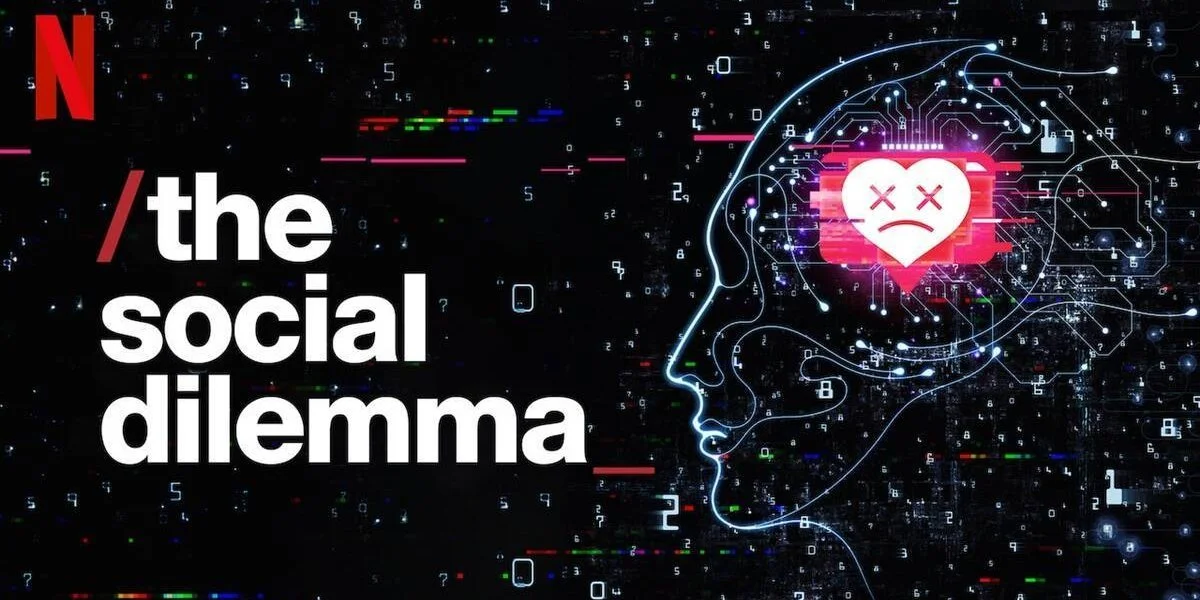Fight or Flight Fatigue: Resolve / Release - Part 1
Recently, I dug up a podcast episode I’d been a guest on about ten years ago. Initially, I was looking for inspiration for a retrospective on a 12 Stars Media team trip to Disney World back in 2015 (I thought I might find something to write a Juxtapost about regarding that era of our business, and I still wouldn’t rule that out). But as I listened, something else grabbed my attention: a conversation with the host about decision fatigue.
Essentially, decision fatigue is the idea that the more decisions we make in a day, the harder it becomes to maintain the same level of quality and integrity in each one.
A decade ago, we worried about the sheer volume of decisions eroding the quality of our judgment. We referenced things like Netflix and Amazon in terms of our increased options as consumers. And, of course, we talked about our daily todo lists and how we all have a tendency to overload ourselves with an unrealistic amount of tasks and decisions each and every day.
Fast forward to the present, and it’s hard to argue that our decisions have not only kept increasing in number - they’ve also become more emotionally charged.
The decade-old conversation got me thinking: over these tumultuous ten years, has decision fatigue evolved into something even more intense?
Turns out, this isn’t just a feeling - it’s a feature. Former Google design ethicist Tristan Harris has warned that “outrage works better than empathy,” because social media platforms are engineered to keep us emotionally hooked. “It's seducing you. It's manipulating you. It wants things from you,” Harris says in the film, The Social Dilemma. “And we've moved away from having a tools-based technology environment to an addiction and manipulation-based technology environment. That's what's changed.”
That same concern drove Facebook whistleblower Frances Haugen to testify before Congress, revealing internal research showing that “They [Meta/Facebook] have set up a system that amplifies division, extremism, and polarization - and they know it.”
This documentary-drama hybrid explores the dangerous human impact of social networking, with tech experts sounding the alarm on their own creations.
These systems aren’t neutral. They’re designed to keep us in a constant state of psychological tension - deliberately triggering our fight or flight response, where every post feels like a provocation and every scroll adds to our stress.
According to the Mayo Clinic, “the fight-or-flight response is a physiological reaction that occurs in response to a perceived harmful event, attack, or threat to survival. It’s triggered by the release of hormones that prepare your body to either stay and deal with a threat or to run away to safety.”
In other words, it’s the body’s emergency mode - a powerful system designed for real, physical danger.
But what happens when that same response is activated multiple times daily by comment threads, headlines, algorithmic outrage, or emotionally charged group texts?
Is it possible our decision fatigue is morphing (or has already) into fight or flight fatigue?
While “fight or flight fatigue” isn’t a formal psychological term, it closely aligns with established concepts like chronic stress and decision fatigue - both of which describe how constant pressure reduces our ability to make sound decisions. And it’s clear the impact goes far beyond the digital realm. The fatigue easily crosses over into how we handle real-world relationships and challenges - walking away from long-term relationships, quitting jobs on impulse, giving up on dreams, or burning bridges - situations that, with a little more clarity, we might have handled differently.
Let me be bold and direct in stating that another way:
The sheer amount of fight or flight triggering situations we face today compromises the integrity of our reactions. More often than ever, we fight when we should fly and we fly when we should fight.
As we reflect on how fight or flight fatigue has seeped into every corner of our lives, one thing becomes clear: it’s not a sustainable state of existence.
Normally, I’d like to end on a more resolute and positive note, but we’re getting into deeply personal territory here and I need to take a lot of care in crafting Part 2 of this reflection.
So next week, I’ll share a personal story about a recent situation when I had to choose between resolving a conflict or releasing it - and how I found peace, not in setting the record straight, but in learning to let go.
Next Steps:
🧠 Think about it - Can you identify any habits or situations that tend to pull you into emotional overdrive - online or in real life?
💬 Talk about it - Do you have a strategy for deciding when to engage and when to let something go? I’d love to hear how you’ve learned to manage that tension. Share your insights by leaving a comment or replying to one of my emails.
👉 Want more weekly reflections like this? Sign up for the email list to get each new Juxtapost in your inbox.
